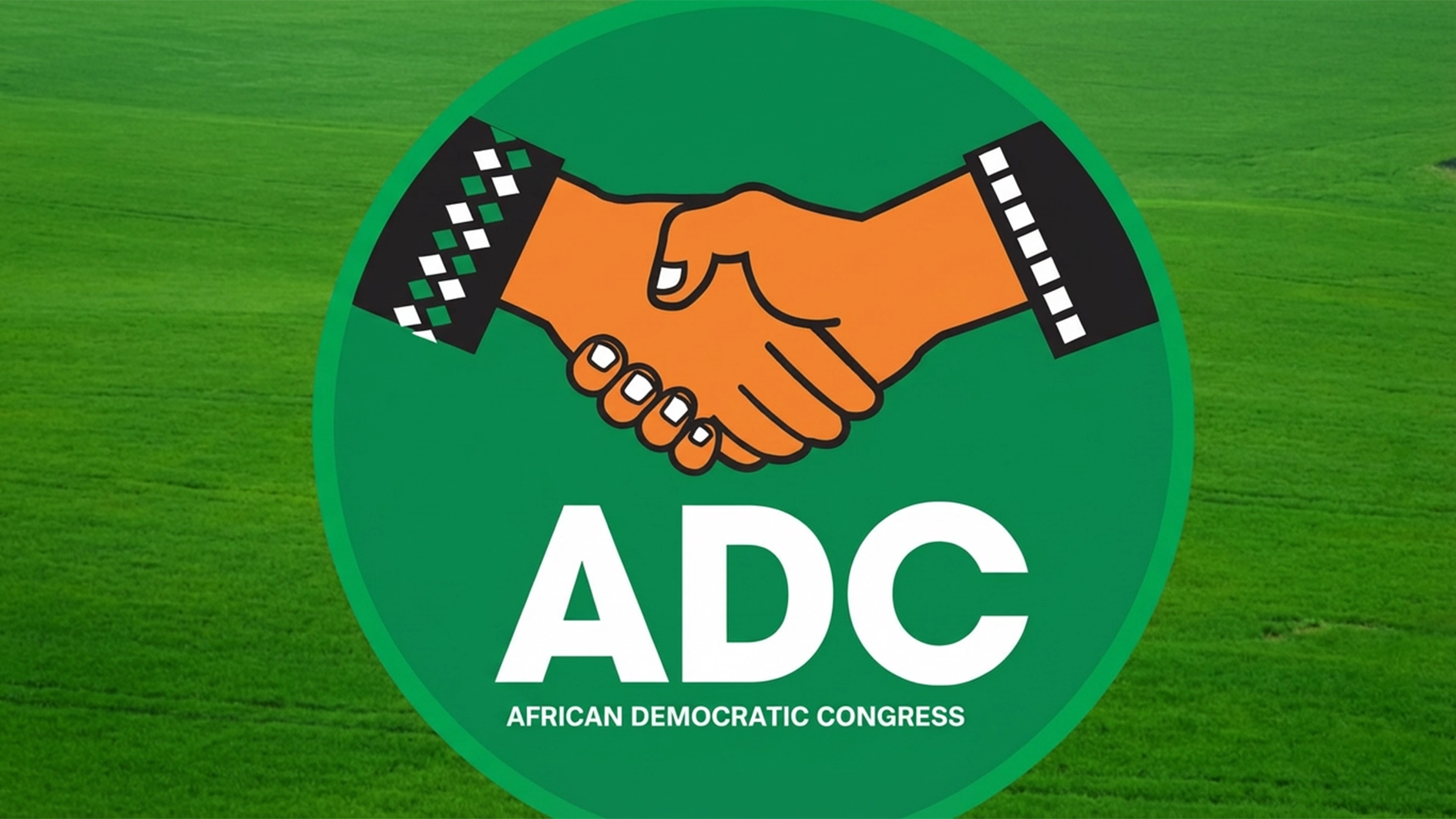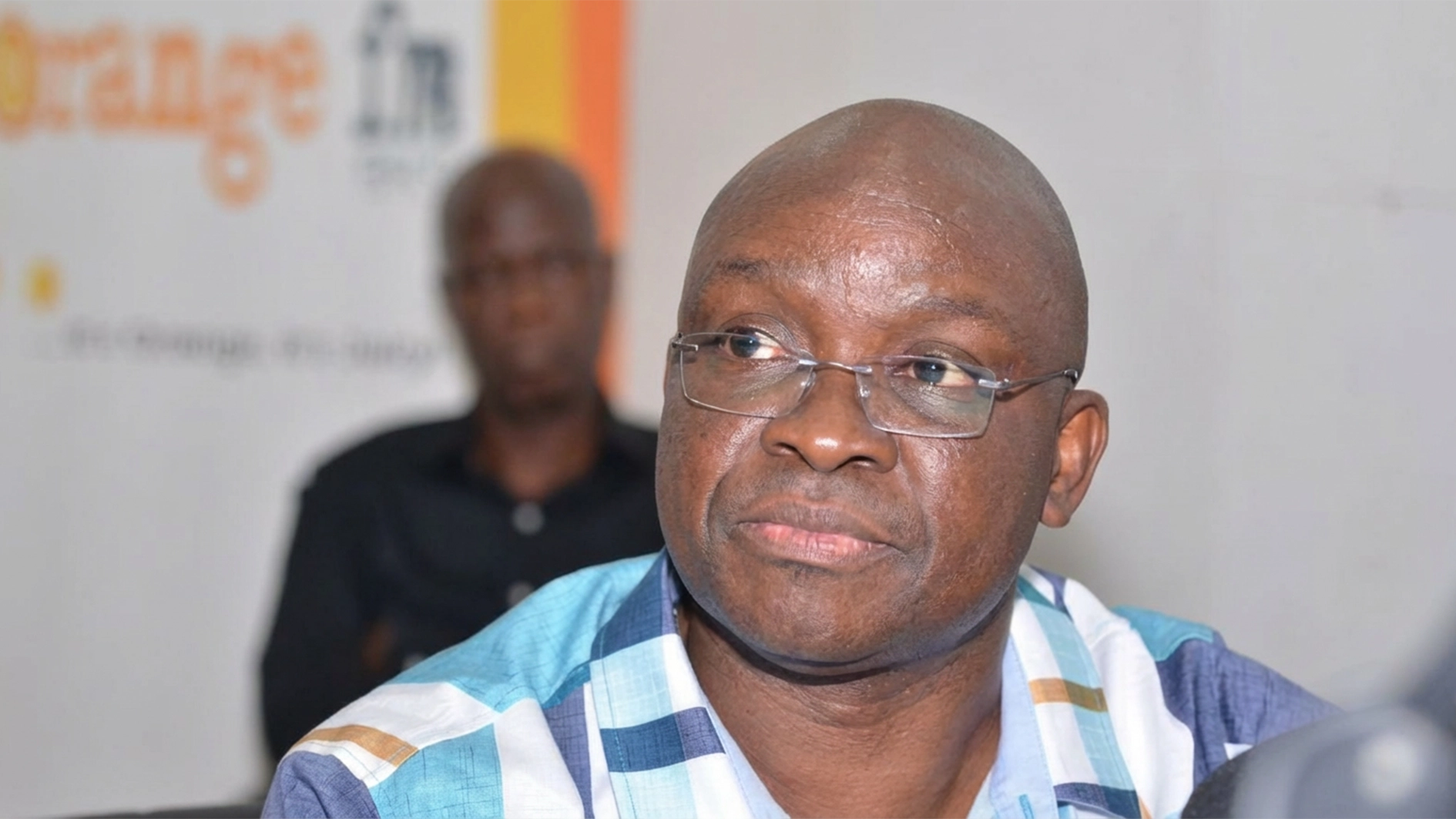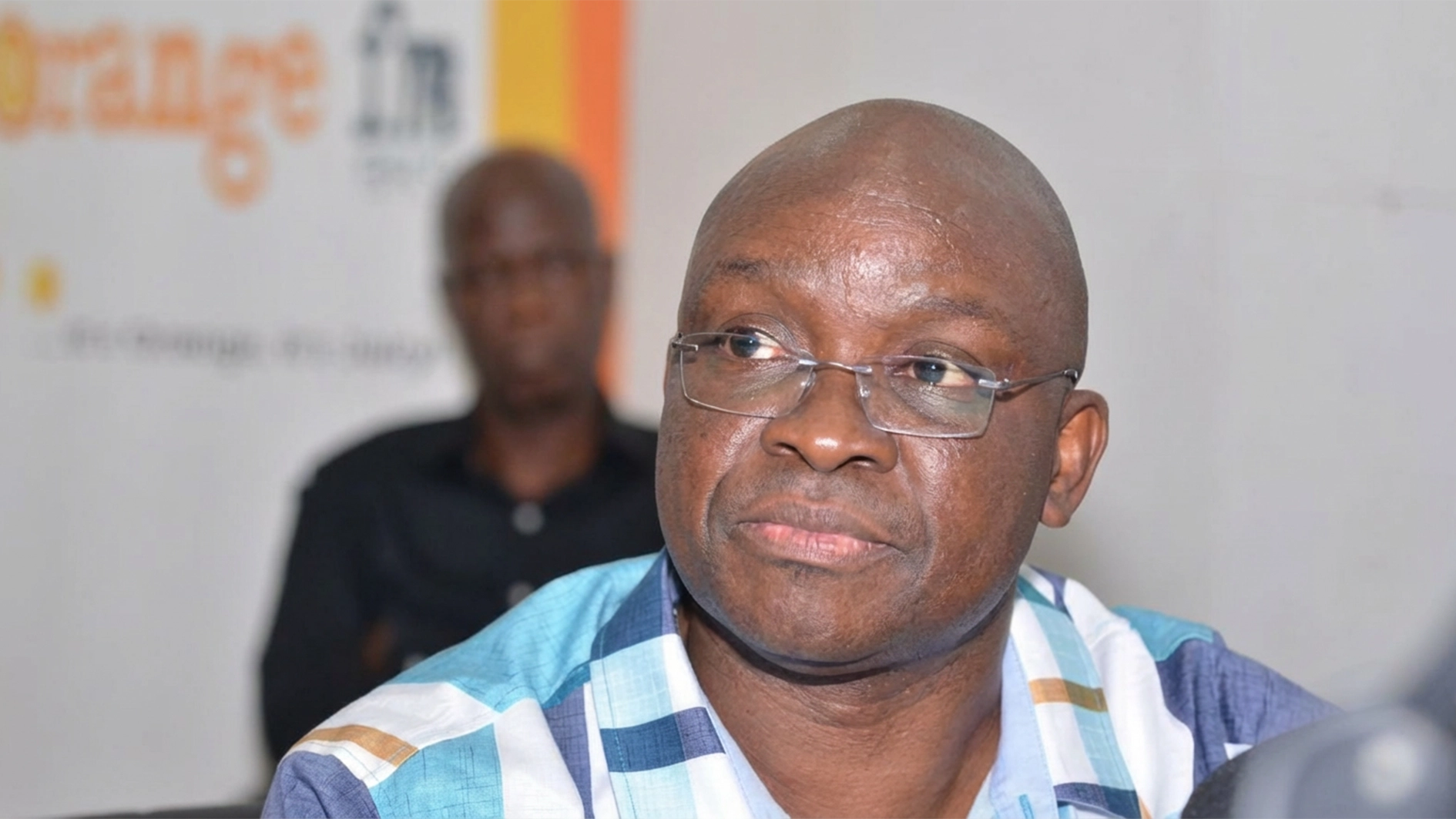 Today marks the 30 years anniversary of the annulment of what is considered as the freest, fairest and most credible presidential election in Nigeria, the June 12 1993 presidential poll.
Today marks the 30 years anniversary of the annulment of what is considered as the freest, fairest and most credible presidential election in Nigeria, the June 12 1993 presidential poll.
The election was acclaimed to have been won by the late Chief Moshood Kashimawo Abiola, the presidential candidate of the defunct Social Democratic Party (SDP), but it was annulled by the military regime of General Ibrahim Badamasi Babangida (rtd).
What makes today’s anniversary significant and entirely different from the previous ones is that one of the notable figures in the struggle for the actualisation of Abiola’s mandate, President Bola Ahmed Tinubu, is the chief host of today’s event.
Since 1999 when Nigeria returned to democratic rule, none of the active participants in the June 12 struggle has had the opportunity to lead the country. But Tinubu, who happens to be one of the prominent financiers and backbone of the National Democratic Coalition (NADECO), an umbrella body of all pro-democracy groups that fought relentlessly against military rule to return democracy to the Nigerian governing system, is the President today.
Tinubu was a senator during the short-lived Third Republic and represented Lagos West under the platform of the defunct Social Democratic Party (SDP). He is a staunch member of NADECO, which comprises various stakeholders across the six geo-political zones.
In the 1990s, the incumbent President was forced to go into exile when the military regime of the late General Sani Abacha, clamped down on all pro-democracy personalities.
Today’s anniversary of June 12 is also unique because Tinubu is the first person to recognise and declare June 12 as a public holiday in Lagos, when he was the governor of the state. He was also among the progressives wing of the ruling All Progressives Congress (APC), who ensured that immediate past President, Muhammadu Buhari, declared June 12 a public national holiday in 2017, with a posthumous recognition of Abiola.
It was unexpected because Nigerians, especially civil society and pro-democracy groups, had shouted themselves hoarse calling for the recognition of June 12 as Democracy Day and the winner as an official icon of the country’s struggle for representative government. But none of the past leaders paid attention to the calls.
As former President of Nigerian Union of Petroleum and Natural Gas Workers (NUPENG), Frank Kokori, told The Guardian: “The uniqueness of today’s anniversary stands in the fact that Tinubu, one of the major actors of the June 12 struggle, is standing as the President to host this year’s event. Much is expected of him to actualise the tenets of June 12 and the ray of hope, which the late business mogul stood for.”
Kokori noted that all eyes are on Tinubu, first to return the country back to the path of unity, trust and determination, which the June 12 1993 Presidential Election portrayed and the valour with which all Nigerians fought for its actualisation.
He also said Tinubu is expected to bring back the hope, which Abiola promised the Nigerians masses, just as he said the incumbent President would be expected to address the anomalies in Nigeria’s electoral system.
It was on June 12, Nigerians united in their desire to end military dictatorship and defied all obstacles deliberately put on their path. For the first time, Nigerians defied ethnic and religious considerations as Abiola defeated Bashir Tofa, the candidate of the Nigerian Republican Convention in his home state of Kano, thereby laying a foundation for the building of a united country devoid of primordial sentiments in the political process.
The annulment by Babangida, however, destroyed that foundation of unity as the military junta, in the attempt to sustain and justify the annulment, began to fan embers of discord, instigating Nigerians against one another by placing emphasis on issues that divided the nation.
Of course, the development led to serious civil unrest, spearheaded by pro-democracy groups, organised labour and elder statesmen, who showed courage by defying the military jackboots to insist that the election be de-annulled and Abiola sworn-in as a validly elected President.
In the course of the struggle anchored by the NADECO, an amalgam of elder statesmen and activists, many compatriots were killed via state-sponsored murder, including Pa Alfred Rewane and Kudirat, wife of Abiola, while the symbol of the resistance himself was clamped into detention after his Epetedo Declaration, where he proclaimed himself President.
Many activists like Professor Wole Soyinka and politicians, like President Tinubu, Kokori and several others, were forced into exile, while others like Chief Olu Falae, former Secretary to the Government of the Federation (SGF) under Babangida, and who was among those banned by the military ruler from in his transition to civil rule, were clamped into detention.
But Tinubu and others prevailed on Buhari’s administration to replace May 29, the date in 1999 that the military stepped out of power for civil rule to thrive, as the day to commemorate Democracy Day.
The government also conferred the nation’s highest honour of Grand Commander of the Federal Republic (GCFR) on Abiola, who died while in confinement during the protracted struggle to reclaim his mandate on June 8, 1998.
But unfortunately, the Buhari administration was unable to rule in accordance with the ideals that June 12 and Abiola portrayed. The last administration was accused of dividing the country the most and also inflicted more pains on Nigerians economically.
PROMINENT Nigerians that participated in the struggle have expressed diverse opinions on how Tinubu’s presidency will signify victory for the pro-democracy activists, 30 years after.
While some said Tinubu, being an active participant and financier of the June 12 struggles, symbolises the dividends of the struggle, others said Nigeria is yet to learn anything because the February 25, 2023 presidential poll, which brought in the former Governor of Lagos as President was characterised by irregularities and fraud, still being contested in court.
In his remark, a former governor of Ogun State, Aremo Segun Osoba, who was part of the NADECO team, said Tinubu’s emergence as president was a dividend of the June 12 struggle.
He said: “The incumbent President is the first democrat since Nigeria returned to civil rule in 1999 to become President. He is also a technocrat, democrat, politician and activist. I believe Tinubu will give democracy a new definition that will transform Nigeria.”
But expressing a different position, the leader of Yoruba socio-political organisation, Afenifere, Pa Ayo Adebanjo, said the way young men look at the June 12 struggle is far different from the way “I look at it. People of my age, wh are not many now, see things differently. The fact that June 12 has been recognised as Democracy Day did not represent what the struggle aimed to achieve, nor does the fact that Tinubu, who was one of us during the uprising becoming the President, signify the dividends of that struggle.
“The issue is what does Tinubu stand for? Nigeria is still in the struggle because the last election did not reflect the actual wish of Nigerians. We don’t build anything good on a wrong foundation. People tell me that somebody I made the governor in 1999 is now the President but that is not the question. I implore the media to help Nigerians understand the real challenge we are complaining about. The method of the selections and elections are flawed; is that not what we fought for in the 90s? As far as I am concerned, Tinubu becoming President is not the true reflection of the June 12 struggle. We are at the tribunal and by the time the matter is finally decided, then we will know where we are.”
Another participant in the June 12 struggle and ex-leader of pan-Ibo group, Aka Ikenga, Goddy Uwazurike, said: “June 12 was a movement of the people until some Yoruba people suddenly turned it into a Yoruba versus the rest of the country.
Although Uwazurike said the starting point of Tinubu on May 29 did not, in any way, reflect the spirit of June 12, he said: “If Tinubu must reflect the spirit of June 12, he must first and foremost reduce the price of petrol, go for free education nationwide, and have a way of enabling a level playing field for everybody in the country. He should go after all those who mismanaged the economy under the Buhari government.
“I am calling on all those, who took part in the Abiola struggle, to please rise up. I also want Tinubu to look into the plight of those that suffered during the June 12 crisis for necessary compensation. I doubt if anybody has made any conscious effort to rehabilitate Frank Kokori.
“Tinubu should do everything within his power to unravel the evil behind the subsidy and this will make him popular.”
President General, Middle Belt Forum, Dr. Bitrus Pogu, said he is not still convinced that Nigeria has a winner in the last presidential election. “Therefore, I cannot equate Tinubu with the struggle for June 12. The two incidents are miles apart. Abiola successfully won across the geo-political zone but the case was different on February 25.”
He said: “I am still not convinced that we had a winner in the February 25 presidential election. It looks as if we are back to the June 12, 1993 saga where the electoral umpire was hoodwinked. And that’s the reason I may not want to contribute to whatever the June 12, 1993 30 years anniversary signifies.
“If you remember what brought about June 12, it was because an election adjudged to have been won by somebody, according to the rules, was abruptly annulled. I think rather than saying what are the benefits, I say we seem to be going into a situation maybe worse than June 12.
We are in the court and we are watching what the judges would do.”
Pogu added that Nigeria is in a big constitutional crisis in the midst of June12 anniversary celebration.
But President, Arewa Youth Consultative Forum (AYCF), Alhaji Yerima Shetima, took a different view from Pogu and Adebanjo, saying Tinubu’s emergence as the fifth president after the 1990s struggle for democracy was a victory for all those that participated in the fight against military rule.
“The June 12 struggle was worth it whether you believe it or not. We can say the struggle brought a lot of us to the limelight. And we did the struggle wholeheartedly to ensure the military was chased out of government.
“30 years after the struggle of June 12, we got one of our own as President. He was in the trenches and also went into exile. Tinubu is a true democrat and he has encouraged some of us younger elements. He understands the way to do it and how to get results.”
Also speaking in line with Shetima, Chairman, Centre for Anti-corruption and Open Leadership (CACOL), Debo Adeniran, recalled that it was Tinubu, who started the celebration of June 12 as a public holiday in Lagos State, as far back as1999.
“A crop of activists and not politicians were with him when he addressed a rally on June 12, 1999. He is the first governor to declare June 12 as a public holiday. Tinubu is actually central to what June 12 became as watershed of democratic consciousness in Nigeria,” he said.
He stressed that June 12 is not a watershed for free and fair elections, but a democratic consciousness, for Nigerians to believe that they have the instrument of government and that we can demand it from any public servant that refuses to use that instrument properly. That was what Nigerians demanded from Babangida and he was forced to step aside.
Adeniran also dismissed the allegation that Yoruba hijacked the June 12 struggle and turned it into an ethnic matter.
The Pan Niger Delta Forum (PANDEF), said the ideals of June 12 is about how Nigeria can organise free, fair and credible elections.
Spokesman for the forum, Ken Robbison, describe the tasks before Tinubu as enormous, saying the ideals that officials and the citizenry team up to pursue the ideals.
“Those that are still alive, who were part of the June 12 struggle, need to rise with the same spirit now and join Tinubu to uphold the unity of Nigeria,” he said.






